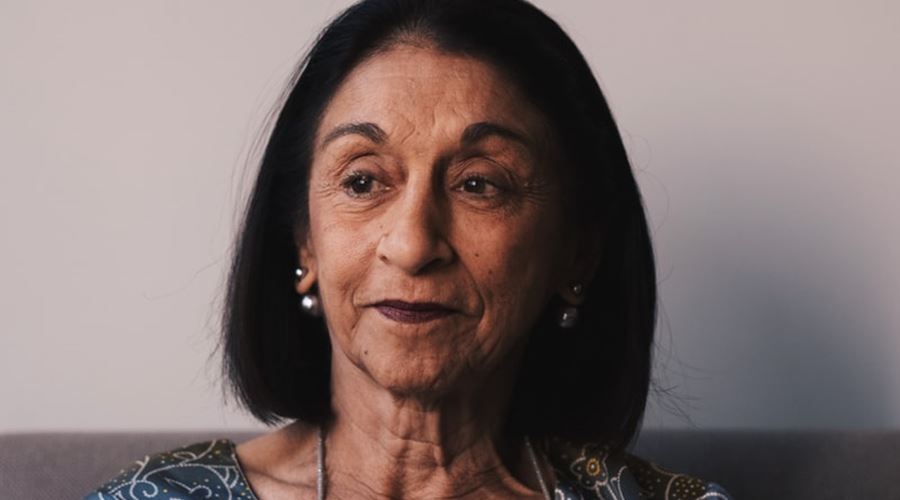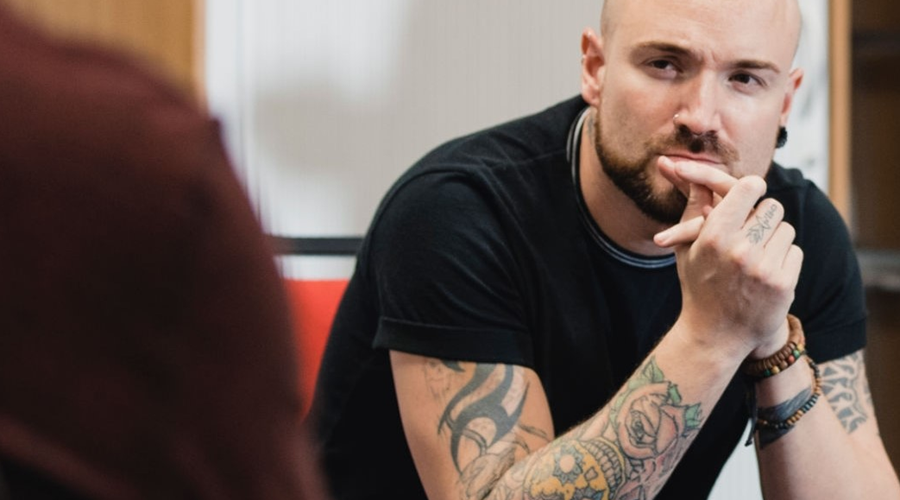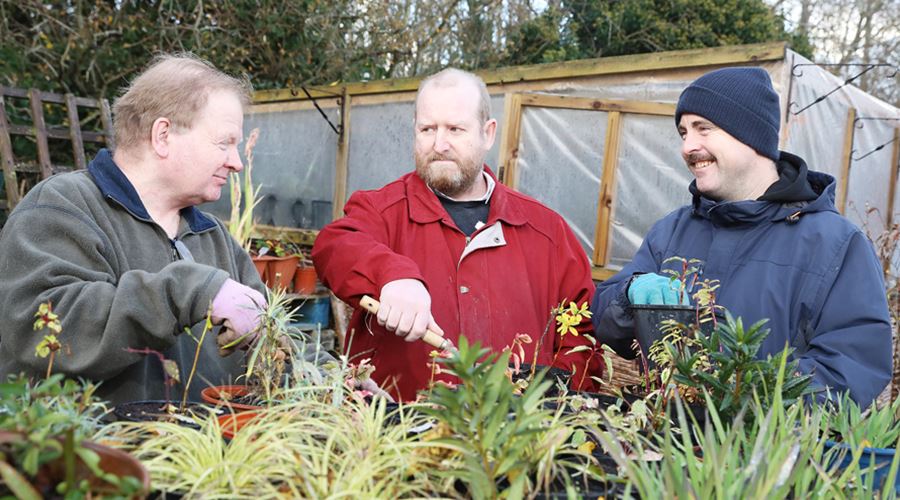- Home
- News & Blogs
- Current: MindWise response to strategy on supporting women in the justice system
Do you need urgent help?
If you need to speak to someone right now, here are some confidential options which provide 24/7 support. If you're worried you might hurt yourself or someone else, please call 999, or go to your nearest A and E.
Childline
Helps anyone under 19 in the UK with any issue they’re going through. Childline is free, confidential and available any time, day or night.
0800 1111Samaritans
24 hours a day, 365 days a year. You don't have to be suicidal to call us
MindWise response to strategy on supporting women in the justice system
Thu, 18 - March - 2021
Stanley Booth, Criminal Justice Manager at MindWise, outlines our response to the Department Of Justice's Empowering Change In Women's Lives strategy.
Introduction
Recently, the Department of Justice launched their consultation on the proposed framework of the 'Empowering Change In Women’s Lives' strategy, which focuses on supporting and challenging women and girls in contact with the justice system. As a leading NI mental health charity, we welcome the opportunity to respond because of our interest in justice matters and our services that support those within the criminal justice system.
We need a system that addresses the offending
Justice Minister, Naomi Long, acknowledges that women and girls in contact with the justice system, while small in number, have a ‘ripple effect’ impacting on both society and their own lives. We have a greater understanding of trauma than we used to and we can appreciate the devastating affect imprisoning a mum can have on a young child’s development. So ways of avoiding custodial sentences need to be found for those cases where prison is not the best solution.
We need a system that addresses the offending, without causing greater harm to women and girls removed from their families. It isn't about providing lighter sentencing but more appropriate action to prevent reoffending. This is done by examining the circumstances that lead to the offending.
The value of early intervention
The MindWise Linked-In project, which provides young people who are due to leave or have just left police custody with guidance, has been able to do just this by employing the Children First, Offenders Second model. This model helps us to identify the circumstances that lead to the young person’s offending, such as drug addiction, and by addressing that problem the need to offend often evaporates. A key factor in our response is the value of early intervention and how it is necessary to address the issues that lead to the offending as early as possible.
It is recognised that the voluntary and community sector need to be involved in any new approach. A future strategy should involve all sectors in three key areas: Prevention and Diversion, which we consider to be part of our early intervention approach; Support and Sentences which can take place within the community and should address the causes of the offending and lastly, should prison be a necessity, Custody and Reintegration which is how a woman or girl re-enters society having served a sentence.
We consider the term 'challenging' to be inappropriate
As part of this mammoth task, the Department Of Justice asked 48 questions and while we can’t repeat each one here we can give you a flavor of our thinking.
The Department invited consultees to examine current statistics to see if any key facts, figures and trends are missing. We asked the Department to consider police custody diversion processes that take an arrested woman post-interview out of the prosecution process and into community support, with the prosecution frozen pending the outcome of the community support. This is like being on bail but with a condition that requires engaging with the support on offer. It is different to probation’s post-conviction support because it seeks to avoid conviction.
We were asked about the title of the consultation, and we considered the term ‘challenging’ to be inappropriate, suggesting the proposed framework may be better termed as ‘a strategy to address the reasons for offending behaviour of women and girls entering the justice system’.
One size does not fit all
We were asked about the three key areas and we largely agreed with them, in particular that of Prevention and Diversion which should be coupled with early intervention, the cornerstone of our own Linked-In project. We emphasised that experience has taught us that success in impacting on the subject’s life requires dedicated one-to-one support either daily, or two or three times weekly, over a period of months to build the trust and relationship to impact on behaviour change. And we concurred with the comment on page 27 which states ‘one size does not fit all’ and we recommended an engagement plan that requires weeks or months and may include a range of activities such as Talking Therapies.
We noted that the paper described justice agencies working together in a strategic and cohesive way to support women, but it does not create dedicated staff who are available to work one-to-one with a woman for weeks and months. We agree with the notion of breaking the offending cycle through support, but occasional appointments will not do it.
Delivering real change through tailored support
Engaging with organisations such as MindWise who have experience of one-to-one support over a lengthy period should be considered, as the agencies will not have the staff or time to do what is needed to make real change. We felt that asking agencies to work together without restructuring how support is delivered and funding that support appropriately, will not have the impact desired.
We thought the principle of trauma-informed support should include timelines by which the engagement starts, such as upon arrest, before the person leaves custody or within 24 hours of release or charge. Linking with the DOJ-funded NI Appropriate Adult Scheme (NIAAS), delivered by MindWise, would be an advantage due to our experience of custody and post-custody support. This is particularly important with young girls who are first-time offenders, because further offending can occur during the four-week remand on bail period.
We also support a community approach to offending behaviour, and fully support the whole concept of tailored support and pathways from offending, but we caution that proper funding and partnerships in the community will need to be developed to succeed.
With regards to Custody and Reintegration, we fully appreciate the importance of ensuring when a woman or girl completes a custodial sentence that they are not returned to exactly the same circumstances that lead to their offending in the first place.
Addressing mental health issues that impact on offending
We have emphasised this will need considerable investment in finance, time and staffing to break the offending cycle and support the individual to gain a new life. This will involve addressing the mental health issues that may have impacted the individual upon offending. We assume the support offered will include Talking Therapies to address anxiety, depression and other common mental health issues encountered in custody.
Overall, we responded positively and have fully engaged with this consultation, focusing on early intervention, community support and addressing mental health.
Find out more about our services that support those within the criminal justice system here.






